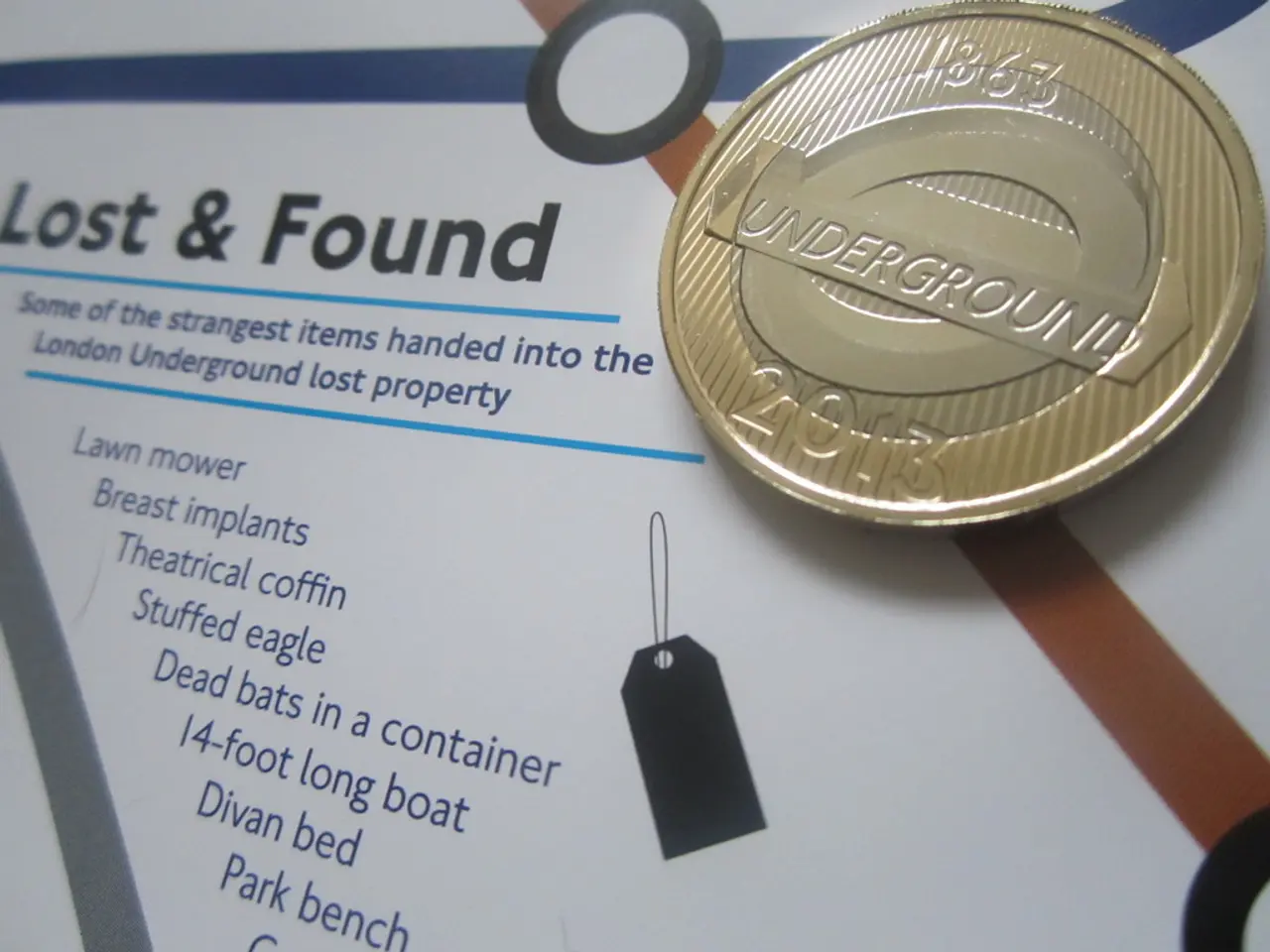England successfully conducts DLT-based foreign exchange peer-to-peer trials with three European central banks.
Project Meridian FX, a groundbreaking initiative led by the BIS Innovation Hub's London and Eurosystem Centres, in collaboration with central banks such as the Bank of England and the European Central Bank, is revolutionizing the way cross-border payments are processed.
The project focuses on exploring payment-versus-payment (PvP) in foreign exchange transactions using Distributed Ledger Technology (DLT). This innovative approach aims to improve the efficiency and security of cross-border transactions by ensuring that payments are only made if corresponding foreign exchange transactions occur, reducing the risk of settlement failures.
Key findings and developments from this project include:
- Technical Feasibility: Project Meridian FX demonstrated the technical feasibility of interfacing Real-Time Gross Settlement (RTGS) systems with external ledgers, including those based on DLT. This innovation is crucial for enhancing cross-border payments by ensuring atomicity and reducing settlement risks.
- Cross-Border Payments: The project aimed to improve the efficiency and security of cross-border transactions by leveraging PvP settlements. This approach ensures that payments are only made if corresponding foreign exchange transactions occur, reducing the risk of settlement failures.
- Future Roadmap: The project's success is part of a broader roadmap to enhance wholesale payment systems. Future developments may include synchronizing settlement interfaces to allow RTGS to interoperate with other ledgers, facilitating wider adoption of DLT and tokenization in financial transactions.
Notable features of Project Meridian FX include supporting multiple linked PvP transactions, referred to as PvP+PvP. This feature allows for exchanging two currencies using a bridging currency, reducing the risk of holding unnecessary currencies. The trial also used a DLT-based synchronization solution to simultaneously transfer a property title and payment, showcasing the potential for DLT to streamline complex financial transactions.
The European central banks used three platforms for the project: Germany's Trigger Solution, France's DL3S, and Italy's TIPS Hashlink solution. The operator might prioritize payments of banks that only have transactions in one direction, and each node has a synchronization operator that controls the payment queue.
Project Meridian FX also tested interoperability with a DLT-based system and a non-DLT based one, aligning with global efforts to make cross-border payments faster, cheaper, and safer through innovation. The project built on the London Hub's Project Meridian trial for real estate settlement, further cementing its role as a significant step towards modernizing and securing cross-border payment systems.
In conclusion, Project Meridian FX is a significant step towards modernizing and securing cross-border payment systems, aligning with global efforts to enhance the efficiency and resilience of financial infrastructures.
- The project's success may lead to future developments in the finance industry, such as the incorporation of central bank digital currencies (CBDCs) within the blockchain-based infrastructure, offering new insights into the potential of DLT in improving cross-border transactions.
- By showcasing the technical feasibility of interfacing Real-Time Gross Settlement (RTGS) systems with DLT, Project Meridian FX has unveiled valuable assets for the industry, contributing to the ongoing transformation of finance technology.
- The exploration of payment-versus-payment (PvP) settlements using DLT could lead to significant changes in the way the industry perceives cross-border payment processing, potentially offering innovative solutions to age-old challenges in finance and global exchange.




